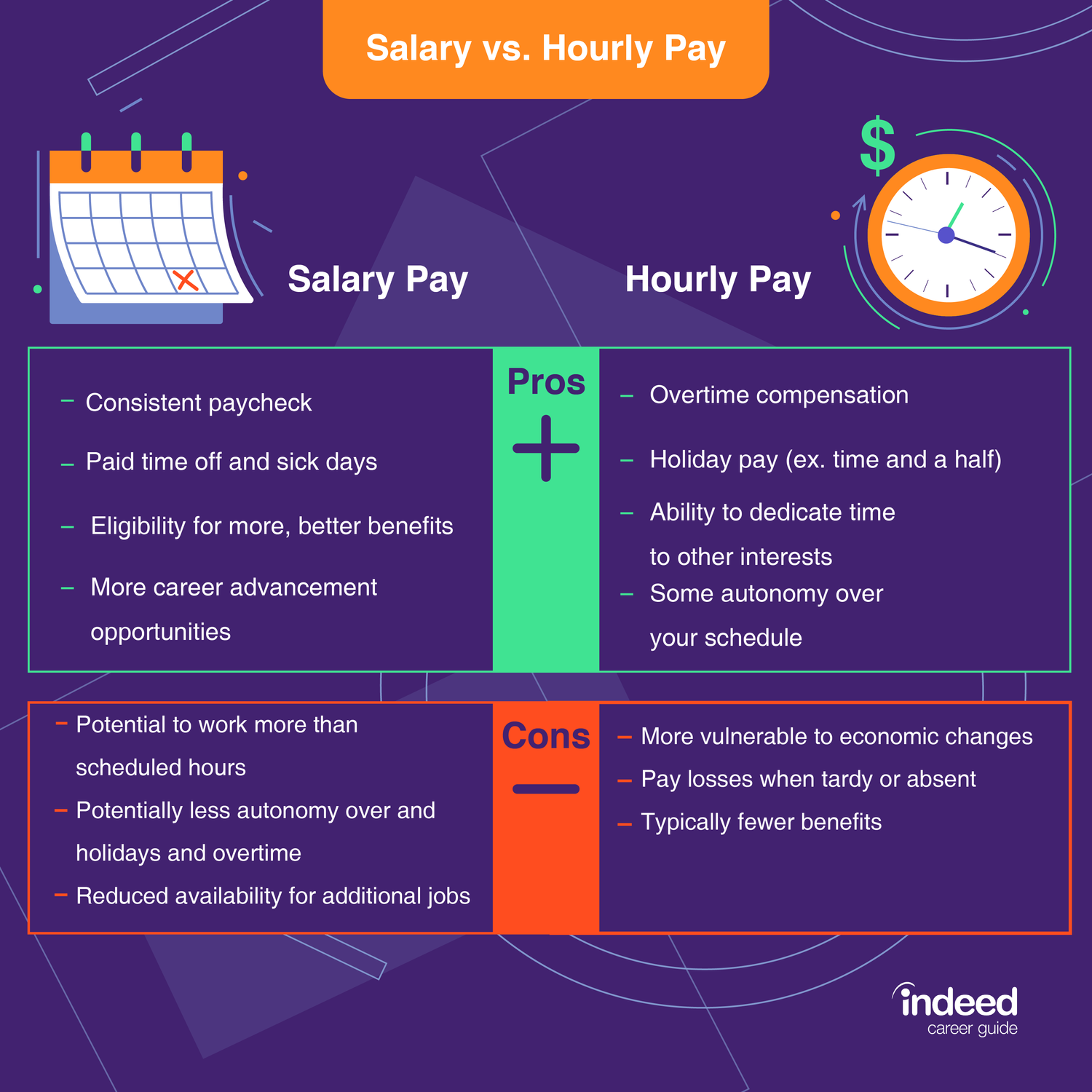
If you are just starting out in a new position, networking with senior leaders is one of the best strategies. These leaders can often have a huge impact on your professional life. Strike up a conversation with them about something that's relevant to your situation and ask to join their meetings. This will increase your visibility, which can lead to more opportunities.
Self-nomination
While self-nomination may not be something most people do, it can help you get your career development goals. It is a legitimate method of self-promotion, and the letter you write should highlight your skills, accomplishments, and experience. You should also briefly describe your qualifications for the job.
Employers have access to a larger pool of high-potential applicants through self-nomination. The process opens up to underrepresented groups and increases diversity. This includes gender, race, sexual orientation, age, disability, and other protected characteristics. This can increase the number and quality of candidates for managerial positions. Self-nomination reduces biases in initial selection.
Networking
Networking is a powerful tool to help you develop your career. In addition to providing job leads, networking allows you to expand your network and stay abreast of industry trends. Learning from others' experiences is also a great way to improve your own. This will help you improve your skills and increase your self confidence. But how do networking power work for you?

First, you must be genuine when networking. It isn't enough to just exchange business cards. You should also be open to reciprocity and genuine interest in your interactions. If they feel that you are interested in their work, your contacts will be more likely to share useful information.
Upskilling
Upskilling is a strategy to improve employees' skills. Employees can find it challenging to learn new skills. Employee buy-in is essential for upskilling strategies. Companies should inform employees about the benefits of career advancement and upskilling in order to get their buy-in. Employers can motivate employees to invest their time and skills by selling them the benefits of career progression.
Employees can also negotiate higher salaries and greater responsibility by upskilling. If you demonstrate that your skills are valuable to the company and organization as well, you can negotiate for a higher salary. Upskilling can be a great strategy to advance your career, provided that your new skills are applicable to your current job and the company's needs.
Learn for your whole life
Lifelong learning can be used to help you stay on top of current trends and maximize your potential, whether it's for a career change or education. Learning is a process that can involve reading self-help books, taking personality tests, or networking with industry role models. Learning is not always academic, but it should be an enjoyable experience.
Learning is a great way to keep up-to-date and stay competitive. It can also increase creativity and make life more exciting. Taking on new challenges and exploring new areas of interest will keep you from becoming bored, and it can also help you become more desirable in the eyes of future employers. The world of work is constantly changing, so it's crucial to stay relevant and up-to-date. Participating in seminars and workshops is one way to do this. Another option is enrolling into university courses.

Mentorship
A critical ingredient of a successful mentoring relationship is trust. Both parties need to trust each other's ability and confidence to provide correct guidance. This trust is essential in a highly competitive environment. Both parties must communicate regularly and keep their promises.
Mentors can provide specific insight that helps the mentee be more successful in his current role and prepare for future growth. It is important to offer mentoring opportunities for employees in order to retain their talent. According to a recent University of Southern California study, providing these opportunities can help prevent employee turnover. The University of Southern California also found that employees who receive the right training and development opportunities can reduce their turnover.